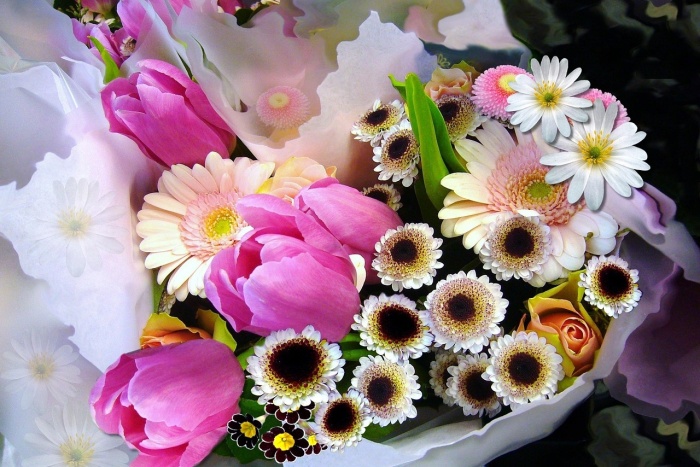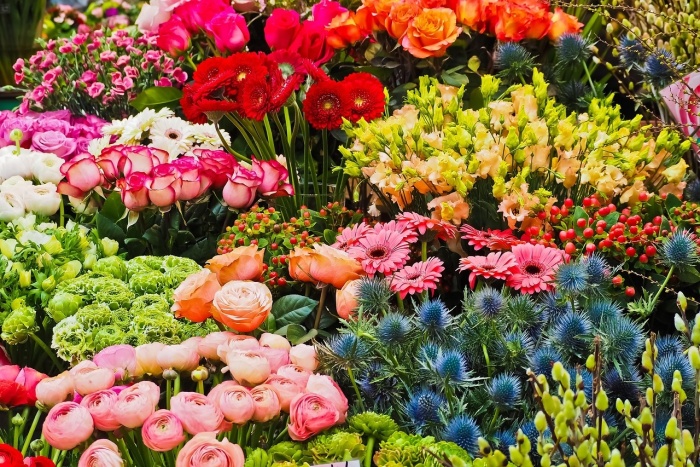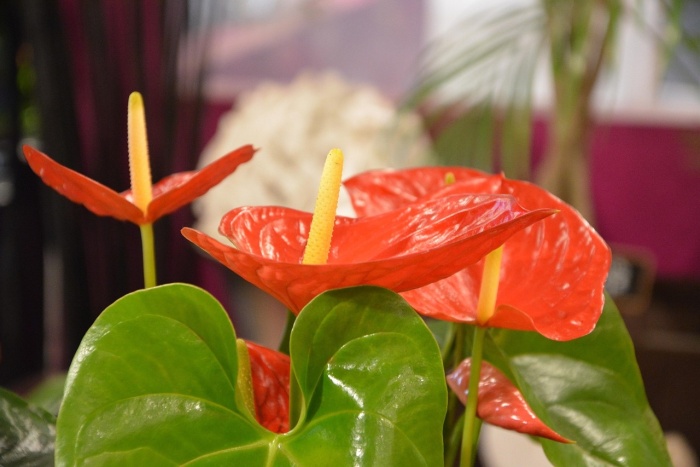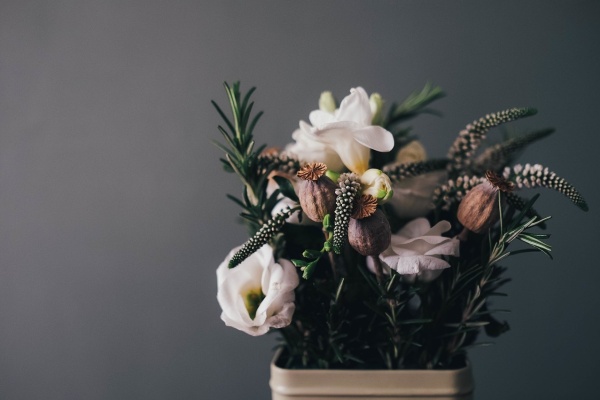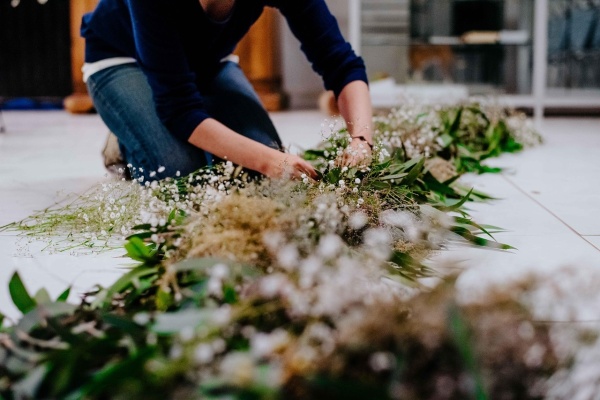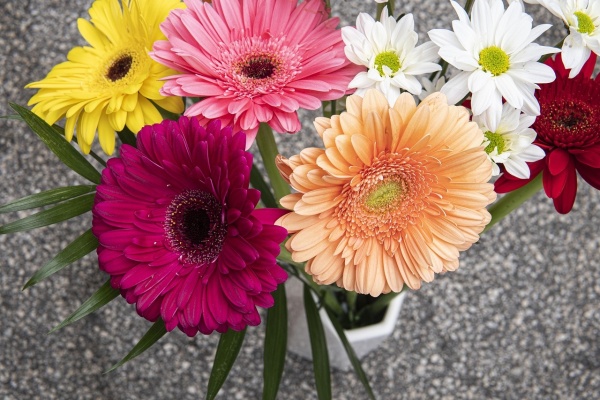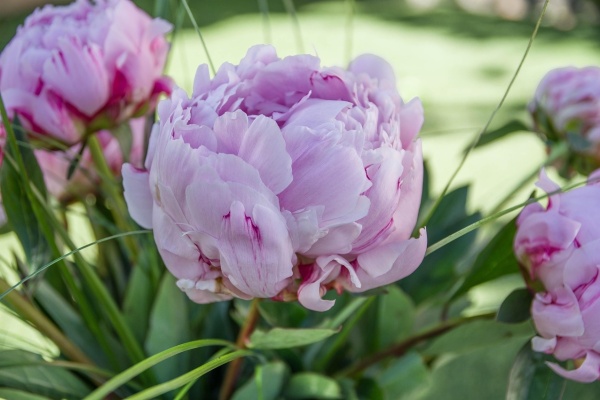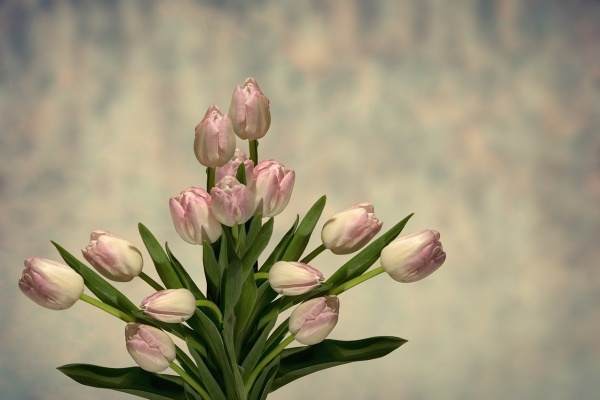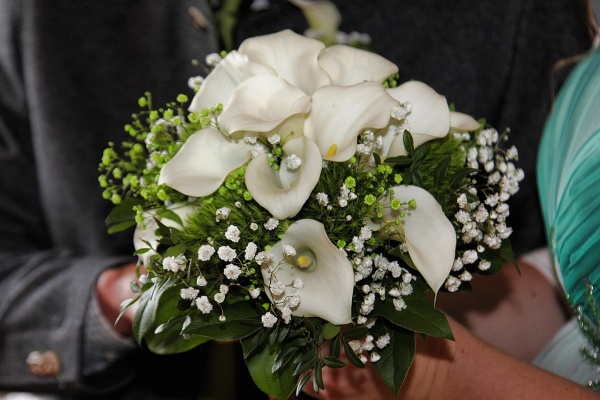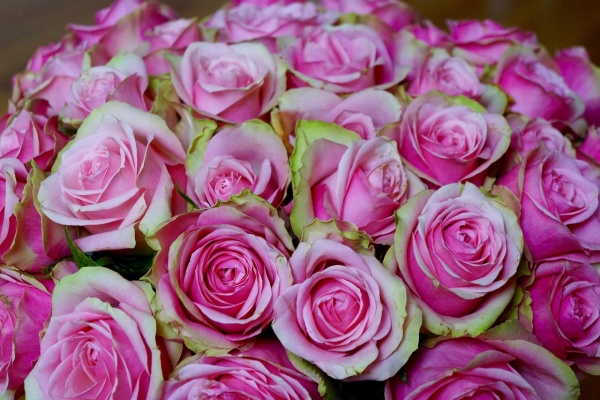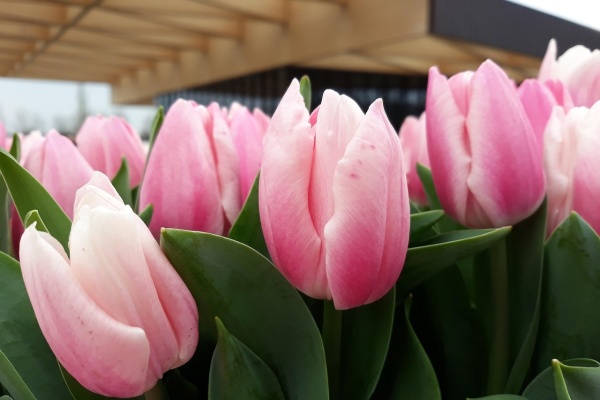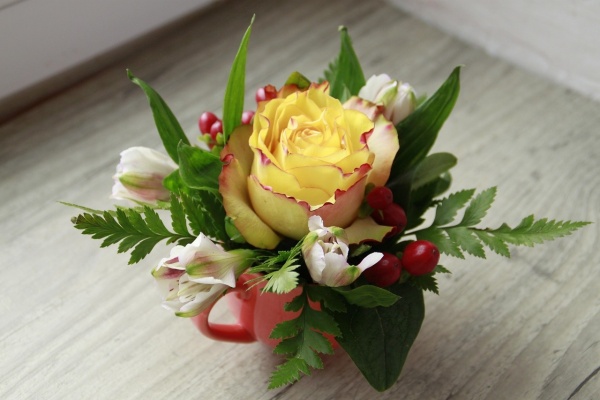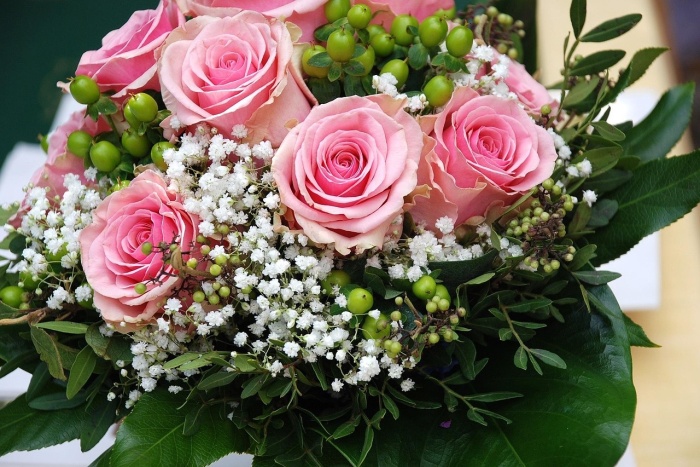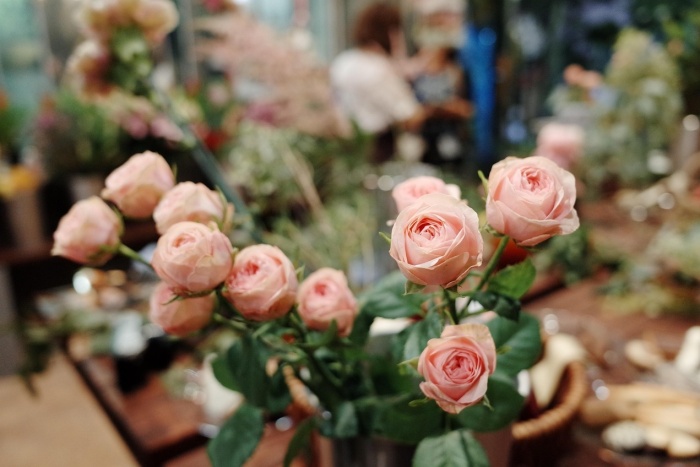Weddings
Choosing a florist for a wedding is about more than just selecting stunning bouquets; it's about creating a cohesive, personalised atmosphere that reflects a love story. A skilled florist will work closely with the couple to understand their vision, theme, and colour palette, transforming their ideas into beautifully arranged blooms that enhance every aspect of the big day.
From elegant table centrepieces to breath taking ceremony arches, they'll handle the intricate details to ensure every arrangement is perfectly styled and fresh. A professional florist also brings invaluable expertise in seasonal availability and flower care.
Funerals and memorial services
Flowers hold a special place in funerals and memorial services, serving as a heartfelt way to express love, respect, and remembrance. Entrusting a professional florist to create arrangements ensures they reflect the individuality and significance of your loved one. From elegant wreaths to delicate sympathy bouquets, florists use their expertise to craft pieces that convey comfort and honour life's memories. With guidance on selecting the perfect blooms and designs, they help bring a sense of peace and beauty to ceremonies that celebrate a life well lived.
Birthdays
Flowers are a timeless way to celebrate someone special on their birthday, and a professional florist can help you create the perfect arrangement to mark the occasion. Whether it's a vibrant bouquet of their favourite blooms or an elegant, personalised design that reflects their style, florists bring an expert touch to ensure your gift feels truly heartfelt.
From selecting fresh, fragrant flowers to offering creative ideas for unique presentations, working with a florist guarantees a hassle-free experience and a stunning result.
Anniversaries
Anniversaries are the perfect occasion to celebrate love and cherished memories, and what better way to do so than with a beautiful bouquet from a professional florist? A skilled florist can create stunning arrangements tailored to capture the essence of your relationship, using your partner's favourite flowers, colours, or even symbolic blooms.
Whether it's a classic dozen roses or a more personalised, handpicked selection, their expertise ensures the arrangement feels thoughtful and unique. Plus, many florists offer same-day delivery, making it effortless to surprise your loved one with a meaningful gesture that speaks volumes.
